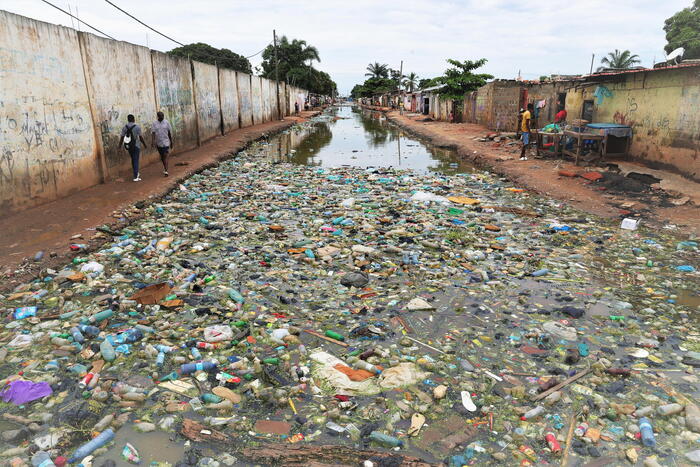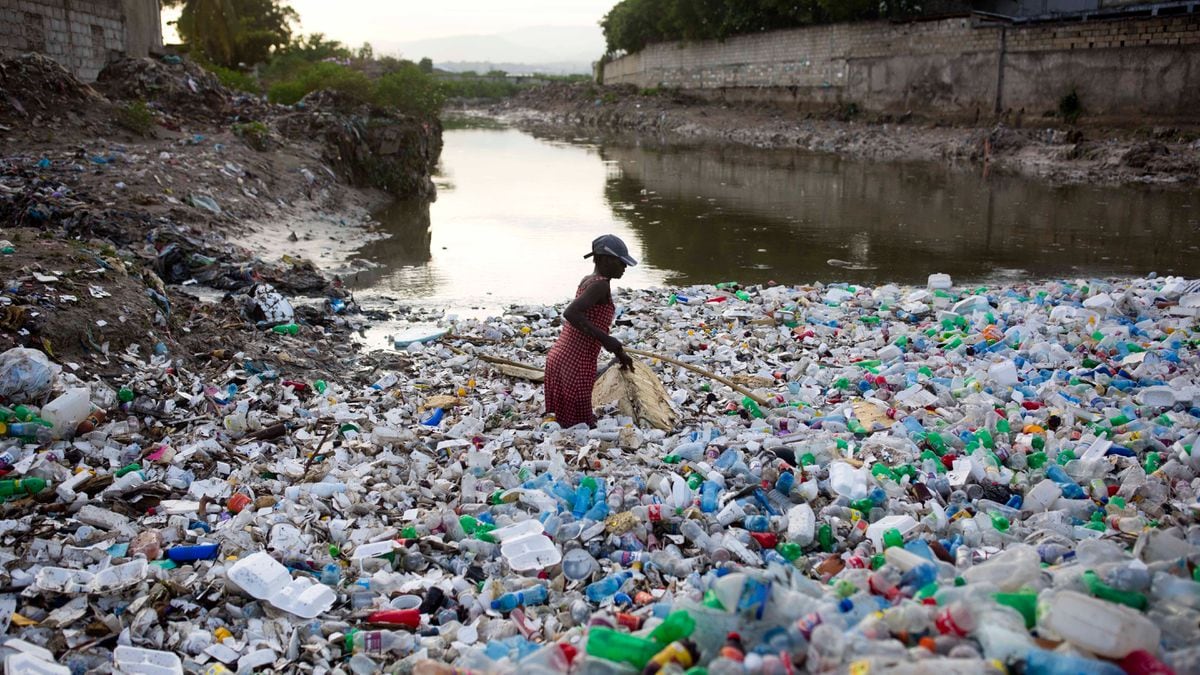Soon finished the nylon net that takes hundreds of years to degrade in the sea? Sailors from Boulogne-sur-Mer (Pas-de-Calais), Fécamp and Le Tréport (Seine-Maritime) who have tested biodegradable and recyclable fishing nets for three years have obtained results "almost equivalent" to those of conventional nylon nets, they announced Wednesday at a press briefing.
"We had to check that the net did not degrade too quickly, that it was as fishy as a nylon net, and that it was easy to maneuver," explained Thierry Missonnier, director of the producer organization FromNord, which brings together 160 vessels from Calais to Hendaye. "The results are practically equivalent to those of a conventional net," he said.
The project was launched by the Parc naturel marin des estuaires picardy et de la Mer d'Opale, whose managers regularly find microplastics from fishing nets on beaches. In 2018, thanks to European funding, the natural park approached Seabird, a company located near Lorient (Morbihan), specializing in the production of compostable bioplastic materials.
10 to 20% more expensive than a conventional fillet
His goal: to create a net "strong enough to hold a fishing season, but at the same time that can deteriorate quickly," according to the director of the natural park, Frédéric Fasquel. Two years of work were necessary to design this net in bio-based materials. "We source from biorefineries that use plant biomass," Raynald Godet, a bioplastics engineer at Seabird, said Wednesday. "It can be sugar cane, beets, corn or potato starch, seaweed... »
See alsoHow plastic pollution is invading the planet
Once the formula was found and patented on a European scale, the manufacture and knotting of the yarn was entrusted to a company in Portugal. Feedback from volunteer fishermen has made it possible, for example, to improve mesh size, said Raynald Godet. "A classic nylon net takes 400 to 600 years to degrade in seawater. This material is 40 times faster," said Frédéric Fasquel.
It remains to remove one last brake: the cost of the product, 10 to 20% more expensive than a conventional net, which could undermine the economic balance of ships. "We can consider that with aid from national or European level, it will be possible for artisanal fishermen" to use these nets, Fasquel hopes.







/cloudfront-eu-central-1.images.arcpublishing.com/prisa/NIFZFFYBFVAU5FVWDHC43ESC5M.jpeg)







/cloudfront-eu-central-1.images.arcpublishing.com/prisa/IGZ7GOCXZ5GUPAQ2HWGK6Z76BU.jpg)